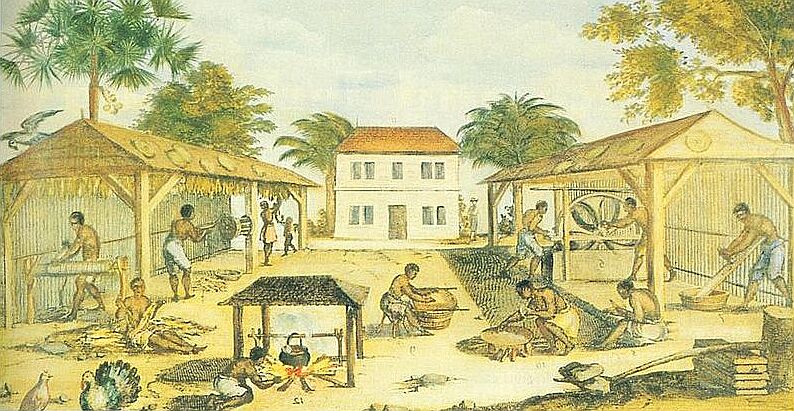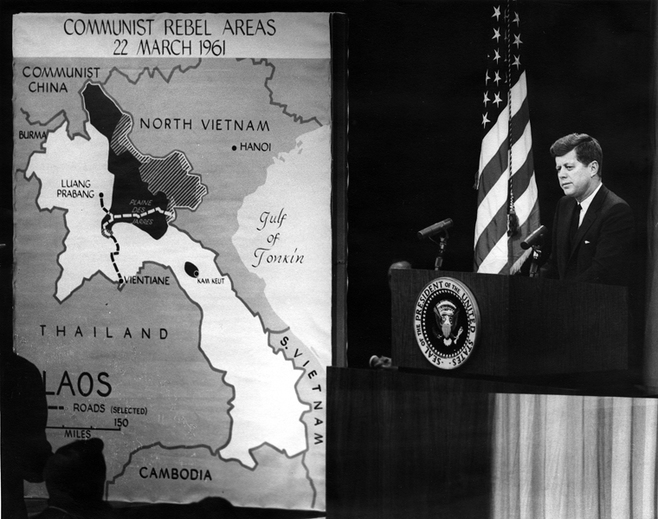 Virginia Tobacco Plantation 1670
Virginia Tobacco Plantation 1670 Supplying Europe with tobacco, something indigenous to the Americas, was how Virginia and the southern colonies got started: they had something to trade. That all began more than 400 years ago; yet the notion tobacco was activating a receptor wired into our biology by the creative process called life, that was not known until the 20th century.
If we retell the history of tobacco from an acetylcholine (biological) receptor point of view, one accounting for the receptor’s addictive as well as performance enhancing qualities, we can see a way of understanding why soldiers, for example, used tobacco and why it was considered good for soldiering.
Twentieth century US armed forces were supplied tobacco in their rations (WWI, WWII, Korea, and Vietnam); this changed in the late 70s and early 80s. The change was because of the negative health effects on soldiers found to be caused by tobacco smoking and chawing, though there wasn’t any change in the importance of acetylcholine.
What do our acetylcholine receptors do? Put simply, they touch (activate) every muscle and nerve in our bodies, have both cellular and skeletal effects, and modulate our autonomic and central nervous systems. So something that activates every muscle and nerve as well as our autonomic and central nervous systems, might be of importance to staying alert, awake, and ready for action (soldiering).
Imagine the US Civil War without tobacco. The Confederate soldier as well as the general population of the South (free and slave) used lots of tobacco; chewing and spitting were common even among women and children. Tobacco use, and therefore acetylcholine modulation, helps to explain the hardships endured (lack of food and shelter and so on) during that time of war and the period after.
There is a misunderstanding concerning the role of acetylcholine activation in health: we moralize tobacco use without praising (or knowing of) acetylcholine modulation. In doing so, we also misunderstand how a biological receptor changed the course of world history and helped build the United States of America – from the inside out.
*Next Up: Sunday 17 September, US Constitution Day 2017, and the beginning of an autumn Gus Kotka and Johnny Reb series, On Our Way Thereat.
Posted by Bryan W. Brickner

 RSS Feed
RSS Feed
